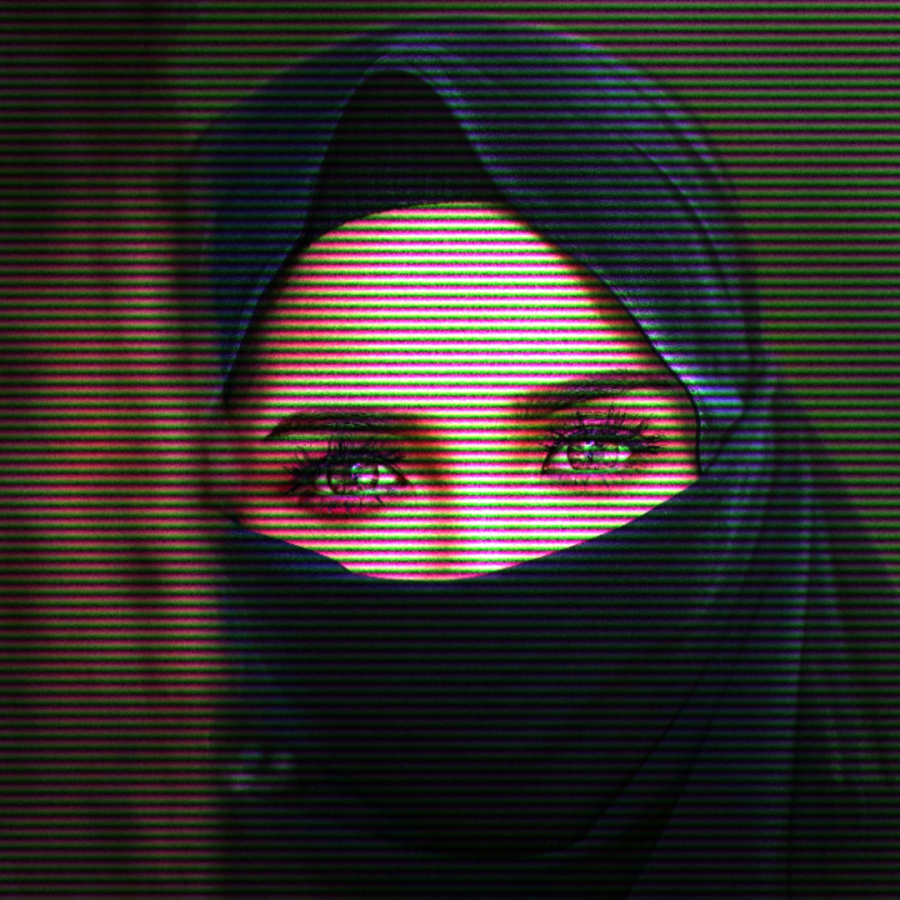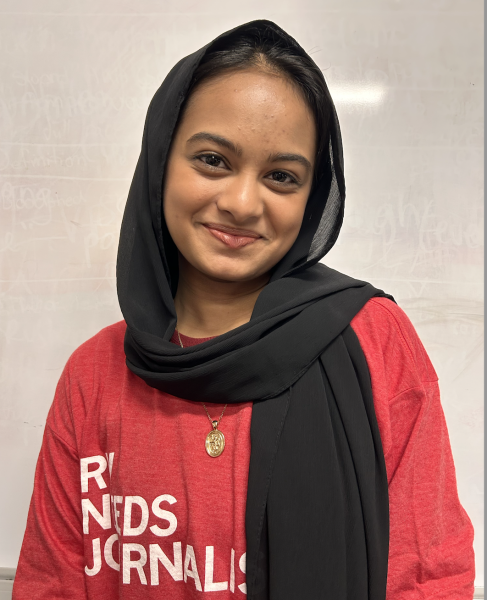This is a war against an oppressive government, not a religion
Blaming the hijab on the violence against thousands in Iran is ignorant and misplaced
A woman’s choice to wear a hijab should not be confused with a type of oppression
February 6, 2023
In the last few months, news has surfaced in the media regarding women’s rights protests in Iran. According to BBC News, on September 13, 2022, Mahsa Amini, a young 22-year-old woman, was arrested by the morality police in Iran for not wearing her hijab properly. These so-called morality policies had abducted Mahsa and tortured her for hours prior to her death three days later. While the authorities tried to cover up the murder, the Iranian citizens did not believe a word. Citizens started a chain of protests across the country. Thousands of young women risked their lives to get their voices heard on the streets of Iran. Young girls took off their government-imposed hijabs and burning them or cutting off their hair to show that they will no longer endure the force of their government.
The Iranian government has responded to these protests by tear-gassing elementary schools and killing thousands of citizens. Demonstrations of civil unrest have progressed throughout the country, and the government has even acknowledged that it has detained “tens of thousands” of protestors as of today, according to NPR.
Let it be known that this is not the first time and most certainly not the last time that women have been killed for asking for freedom.
Since the outbreak of these protests, the Muslim community has received a significant amount of backlash. Citizens in other countries have been blaming the religion of Islam and all its followers for the deaths of all the women in Iran. Some people have taken this tragedy and turned it into an opportunity to spread misinformation and support their hate speech. What people have failed to realize is that the protests in Iran are not to be seen as a war against religion but rather a war against an oppressive government.
At the center of this debate, especially in western countries, is the hijab. Some say that the hijab is a sign of oppression, while others say everyone must wear it. I agree with neither. To me, the hijab is an empowering symbol of belief. What makes it so is when a woman chooses to wear the hijab, not when it is forced upon her. Young women in America like me choose to wear theirs. The hijab itself is absolutely not a sign of oppression, and a woman does not have to choose to wear it.
It is discouraging to face Islamophobia at this age and be blamed for our faith. What is happening to our sisters in Iran and other oppressive Muslim countries is already disheartening as it is, and to be told their blood is on our hands is unfair and heartbreaking.
I believe people need to understand that you can support the women in Iran without disrespecting the hijab, its meaning or the religion of Islam as a whole. It is time we realized the laws are the issue, not the clothing on our heads. Supporting Iran does not mean you need to be against practicing Muslim women or use it as another vessel to spread Islamophobia.
And vice versa, in no way should the women in Iran be ashamed for not wanting to wear the hijab. Many of them did not have a choice to do so, and it is fully their right to not wear it if they do not want to. Their experience and the trauma that they have endured at the hands of their government must be understood.
“I believe that the situation in Iran is happening solely because of the government,” said sophomore Salma Daoudi, who chooses not to wear the hijab. “Many countries have Islam as their official religion but none of them have taken the route like Iran has.”
The situation in Iran is yet another injustice against women and people all over the world who want to regain control of their bodies. Instead of blaming one another during this time of crisis, it is our duty to shift our focus to helping the citizens of Iran and making immediate and productive change. You can do so by attending protests around you or in nearby states. You can speak up about it on social media platforms. Utilize the resources available to you and stay updated on the news in Iran. Understanding the situation instead of jumping to conclusions and spreading false information is the only way to truly help women in Iran.






